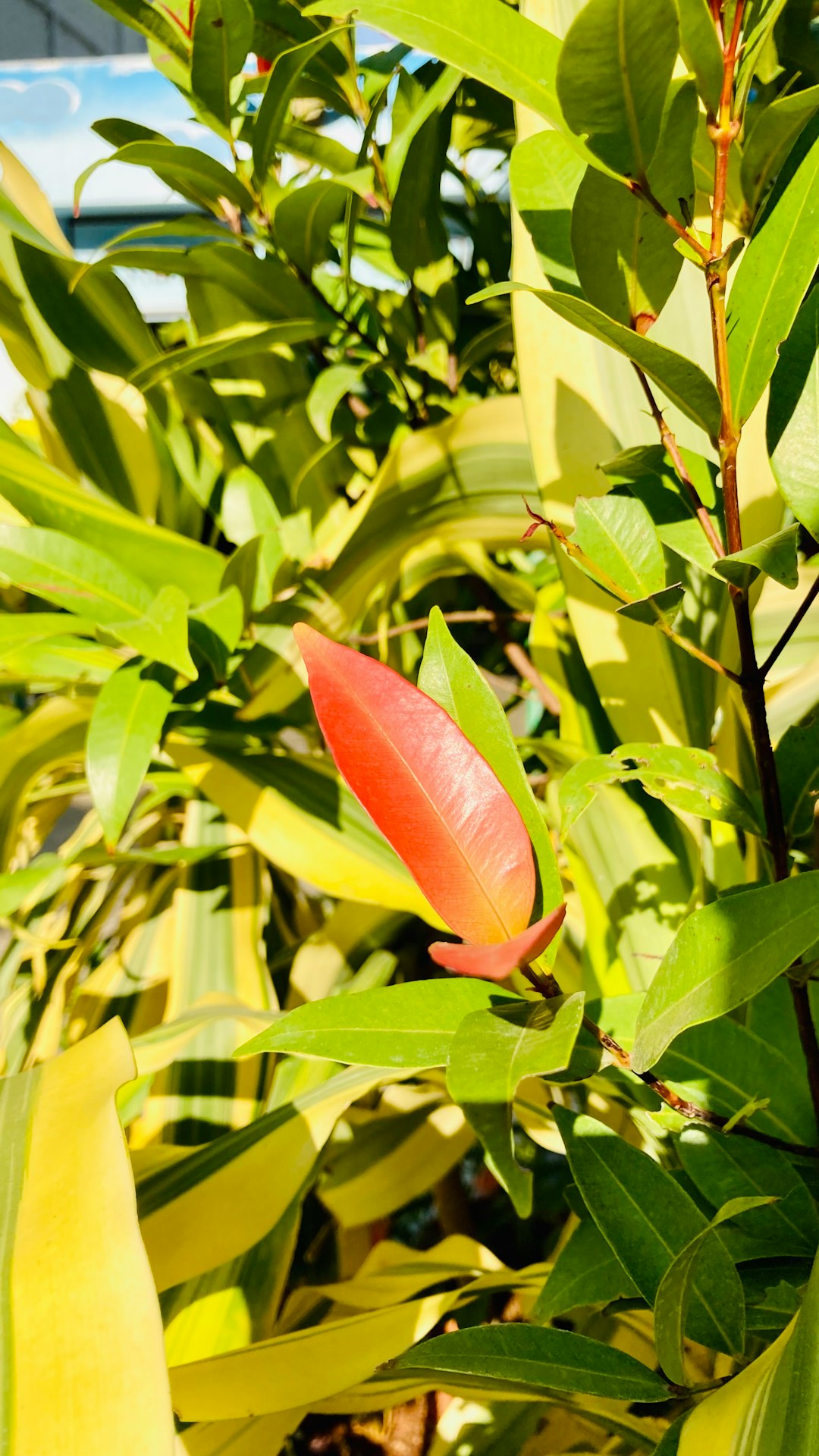Peculiar vs. Strange
What's the Difference?
Peculiar and strange are both adjectives used to describe something that is out of the ordinary or unusual. However, peculiar often implies a sense of distinctiveness or uniqueness, while strange suggests something that is unfamiliar or odd. Peculiar may be used to describe something that is quirky or unconventional, while strange may be used to describe something that is unsettling or eerie. Overall, both words convey a sense of peculiarity, but with slightly different connotations.
Comparison

| Attribute | Peculiar | Strange |
|---|---|---|
| Definition | Unusual or unique in a noticeable way | Unusual or odd in a way that is unsettling or mysterious |
| Connotation | Often carries a positive or neutral connotation | Can carry a negative or unsettling connotation |
| Usage | Can be used to describe something interesting or charming | Often used to describe something eerie or unsettling |
| Frequency | Less commonly used than "strange" | More commonly used in everyday language |

Further Detail
Definition
When looking at the attributes of peculiar and strange, it is important to first understand the definitions of these two words. Peculiar is often used to describe something that is unusual or distinctive in a way that is particular to a specific individual or group. On the other hand, strange is used to describe something that is unfamiliar or out of the ordinary, often causing confusion or surprise. While both words convey a sense of uniqueness, peculiar tends to suggest a more specific or individualized quality, while strange implies a more general sense of oddity.
Connotation
The connotations of peculiar and strange also play a role in how these words are perceived. Peculiar often carries a more positive connotation, suggesting a sense of charm or quirkiness. Something that is peculiar may be seen as endearing or interesting. On the other hand, strange can have a more negative connotation, implying a sense of unease or discomfort. When something is described as strange, it may evoke feelings of fear or suspicion.
Usage
Both peculiar and strange can be used to describe a wide range of things, from objects to behaviors to situations. However, the context in which these words are used can vary. Peculiar is often used to describe something that is unique or distinctive in a positive way. For example, a peculiar piece of art may be seen as innovative or creative. Strange, on the other hand, is more commonly used to describe something that is unsettling or unfamiliar. A strange noise in the night may cause fear or anxiety.
Examples
To better understand the differences between peculiar and strange, it can be helpful to look at some examples. A peculiar habit might be someone who always wears mismatched socks, while a strange habit might be someone who collects toenail clippings. The peculiar habit is seen as quirky and harmless, while the strange habit is viewed as unsettling and bizarre. Similarly, a peculiar smell might be a unique perfume, while a strange smell might be something rotten or foul.
Impact
The impact of something being described as peculiar versus strange can also differ. Peculiarities are often seen as harmless or even endearing, adding character or charm to a person or thing. On the other hand, things that are described as strange may evoke feelings of discomfort or fear. For example, a peculiar house with an unusual design may be seen as charming, while a strange house with boarded-up windows may be seen as eerie or suspicious.
Conclusion
In conclusion, while peculiar and strange are both words used to describe things that are unique or out of the ordinary, they carry different connotations and are used in different contexts. Peculiar tends to suggest a more individualized or specific quality, often with a positive connotation, while strange implies a more general sense of oddity, often with a negative connotation. Understanding the nuances of these two words can help us better communicate and interpret the world around us.
Comparisons may contain inaccurate information about people, places, or facts. Please report any issues.